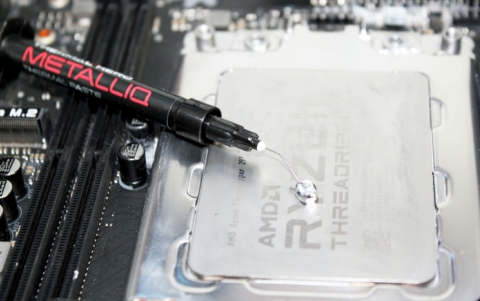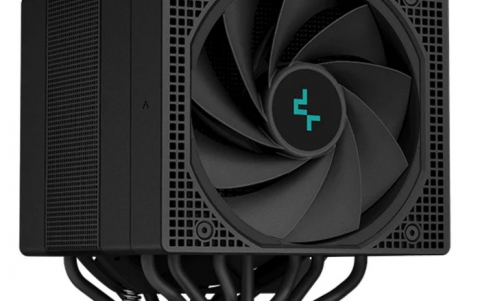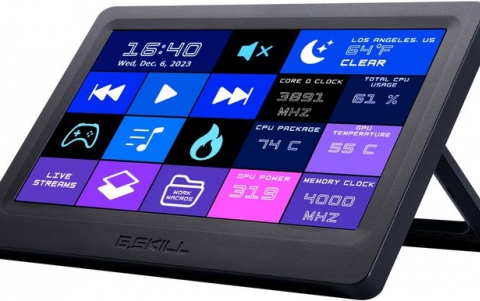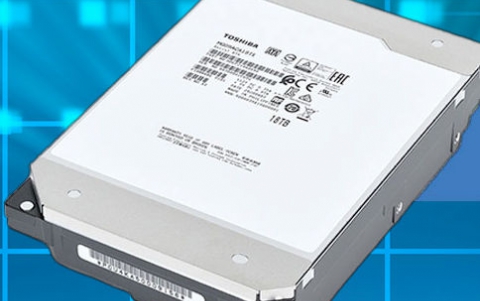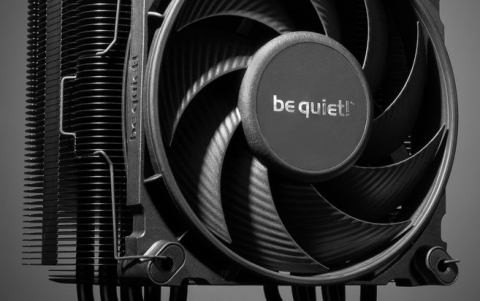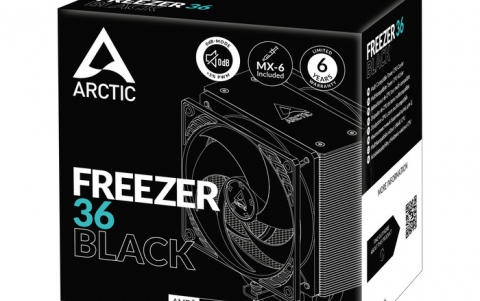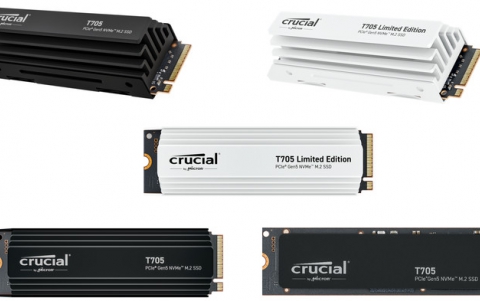
NTP Sues Apple, Google, HTC, LG, Microsoft and Motorola for Infringement of Wireless Email Patents
NTP Incorporated, the company that won a settlement of more than $600 million from the maker of the BlackBerry said Friday it has sued six other makers of phones and phone software.
The company filed lawsuits against Apple, Inc., Google Inc., HTC Corp., LG Electronics Inc., Microsoft Corporation, and Motorola, Inc. in the United States District Court for the Eastern District of Virginia for infringing NTP's eight patents related to the delivery of electronic mail over wireless communications systems.
Each of the defendants is a manufacturer or developer of either wireless handheld devices or software applications used in the delivery of email across wireless communications systems.
Donald E. Stout, NTP's co-founder, said, "Use of NTP's intellectual property without a license is just plain unfair to NTP and its licensees. Unfortunately, litigation is our only means of ensuring the inventor of the fundamental technology on which wireless email is based, Tom Campana, and NTP shareholders are recognized, and are fairly and reasonably compensated for their innovative work and investment. We took the necessary action to protect our intellectual property."
NTP is best known for its long litigation and eventual settlement with Research in Motion (RIM), maker of BlackBerry wireless devices. In that litigation, all the claims asserted at trial were found to be valid and willfully infringed by RIM, and the verdict was ultimately affirmed on appeal by the U.S. Court of Appeals for the Federal Circuit.
Spurred by that litigation, the U.S. Patent and Trademark Office (USPTO) moved to re-examine NTP's patents. In December 2009, the USPTO Board of Patent Appeals (USPTO Board) ruled that 67 of NTP's patent claims in four patents are valid, including three claims that RIM was found to have infringed. Infringement of a single claim is all that is needed for a patent to be deemed violated.
NTP has also filed an appeal to the U.S. Court of Appeals for the Federal Circuit to overturn the USPTO's remaining rejections of NTP's patent claims.
"The filing of suit today is necessary to ensure that those companies who are infringing NTP's patents will be required to pay a licensing fee," Mr. Stout continued. "In view of the USPTO Board's ruling, the debate over whether Mr. Campana was an originator in the field of wireless email is over. No patents in U.S. history have received as much scrutiny as NTP's patents. We are delighted that the USPTO Board has recognized the groundbreaking innovation of Mr. Campana by confirming 67 of NTP's patent claims. We are also confident that the USPTO's rejections, which are on appeal before the U.S. Court of Appeals for the Federal Circuit, will be overturned."
In 2006 and 2007, NTP sued AT&T Inc., Deutsche Telekom AG's T-Mobile USA, Sprint Nextel Corp. and Verizon Wireless - and phone maker Palm over the same patents. Those lawsuits have neither been settled nor come to trial.
Each of the defendants is a manufacturer or developer of either wireless handheld devices or software applications used in the delivery of email across wireless communications systems.
Donald E. Stout, NTP's co-founder, said, "Use of NTP's intellectual property without a license is just plain unfair to NTP and its licensees. Unfortunately, litigation is our only means of ensuring the inventor of the fundamental technology on which wireless email is based, Tom Campana, and NTP shareholders are recognized, and are fairly and reasonably compensated for their innovative work and investment. We took the necessary action to protect our intellectual property."
NTP is best known for its long litigation and eventual settlement with Research in Motion (RIM), maker of BlackBerry wireless devices. In that litigation, all the claims asserted at trial were found to be valid and willfully infringed by RIM, and the verdict was ultimately affirmed on appeal by the U.S. Court of Appeals for the Federal Circuit.
Spurred by that litigation, the U.S. Patent and Trademark Office (USPTO) moved to re-examine NTP's patents. In December 2009, the USPTO Board of Patent Appeals (USPTO Board) ruled that 67 of NTP's patent claims in four patents are valid, including three claims that RIM was found to have infringed. Infringement of a single claim is all that is needed for a patent to be deemed violated.
NTP has also filed an appeal to the U.S. Court of Appeals for the Federal Circuit to overturn the USPTO's remaining rejections of NTP's patent claims.
"The filing of suit today is necessary to ensure that those companies who are infringing NTP's patents will be required to pay a licensing fee," Mr. Stout continued. "In view of the USPTO Board's ruling, the debate over whether Mr. Campana was an originator in the field of wireless email is over. No patents in U.S. history have received as much scrutiny as NTP's patents. We are delighted that the USPTO Board has recognized the groundbreaking innovation of Mr. Campana by confirming 67 of NTP's patent claims. We are also confident that the USPTO's rejections, which are on appeal before the U.S. Court of Appeals for the Federal Circuit, will be overturned."
In 2006 and 2007, NTP sued AT&T Inc., Deutsche Telekom AG's T-Mobile USA, Sprint Nextel Corp. and Verizon Wireless - and phone maker Palm over the same patents. Those lawsuits have neither been settled nor come to trial.







